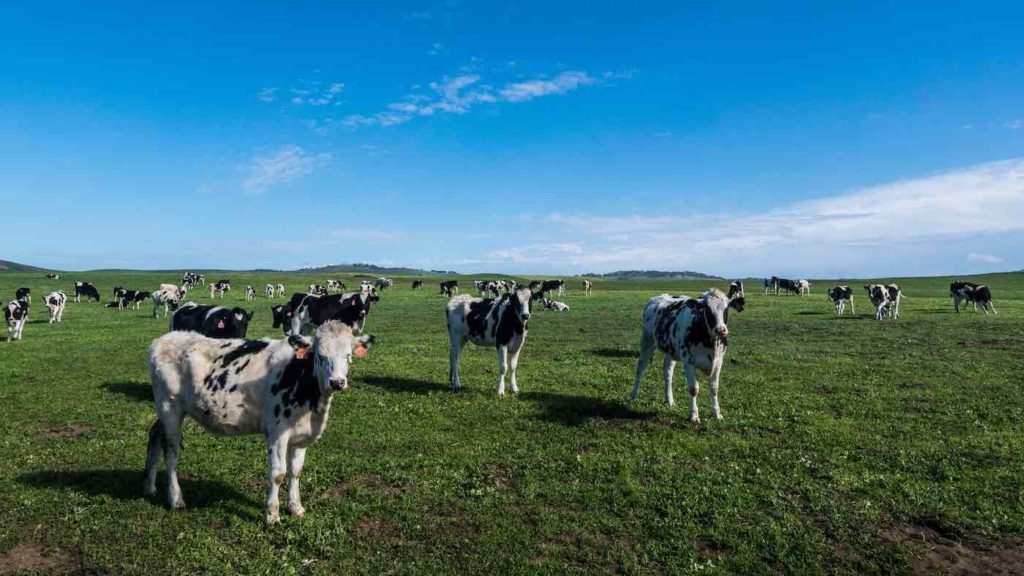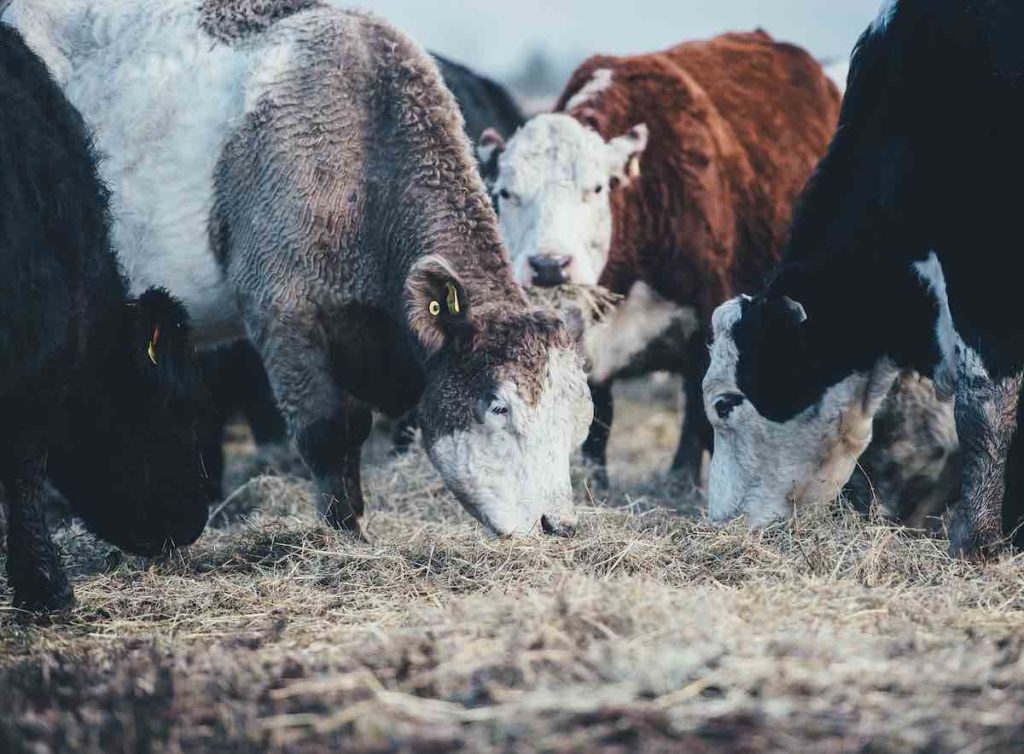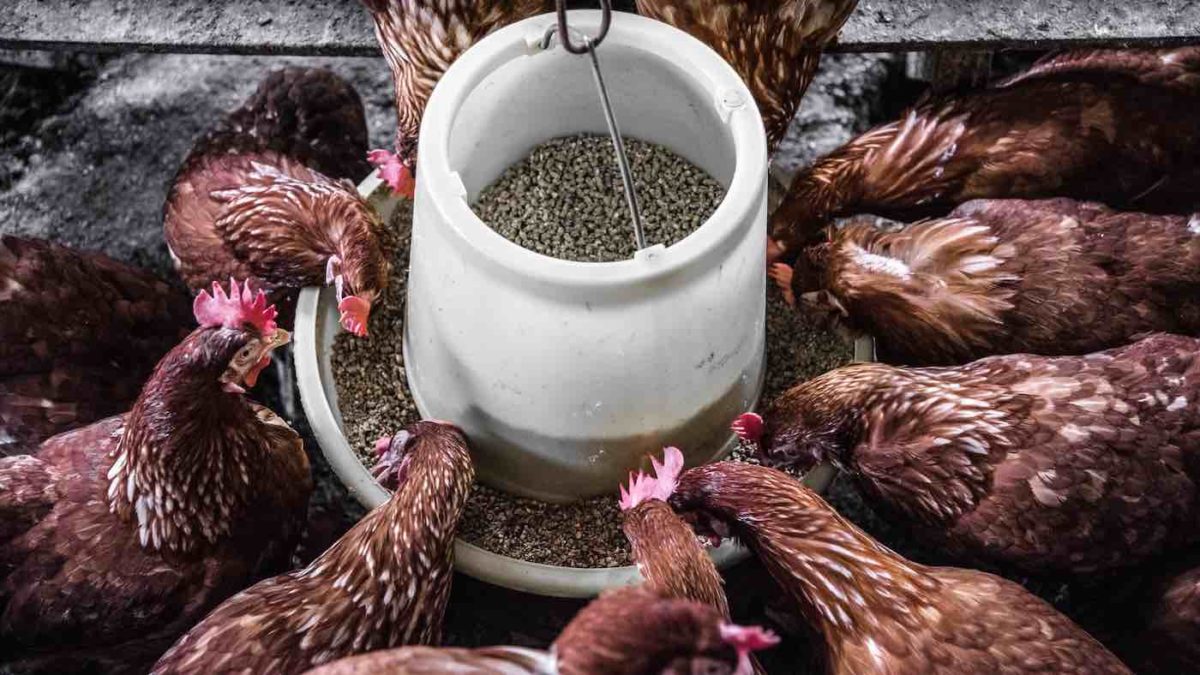Besides the environmental and health concerns, proper animal feeding in farming is another crucial matter to focus on. Remember, your livestock species can’t lead a healthy lifestyle unless you take good care of their dieting needs.
Therefore, every farm expert suggests using essential nutrients for farm feed and farm animals. According to them, it is the best way to ensure that your livestock animals grow healthier and more productive with time.
Here we will walk you through a detailed discussion about the nutrients for farm feed and farm animals, also a brief description of their feed quality.
If you are an avid farmer looking for some similar nutrient solutions for your farm, you may give this content a read. Trust me; it will be worthwhile!
What are Nutrients?
Nutrients have a specific role to play in animal diets. It helps their metabolic processes and immune system to function properly. And these nutrients can be divided into two main categories: macronutrients and micronutrients.
Macronutrients are those that the animals need in large amounts to maintain their energy value. The three main macronutrients are carbohydrates, proteins, and fats.
On the other hand, micronutrients are required in small amounts, which include only vitamins and minerals.
What is nutrition in animal feed?
The nutrients required for animals to survive and grow are referred to as nutrition in animal feed. It’s vital to these animals’ reproduction functionality and well-being. But how do we maintain adequate feed consumption to ensure the animals get enough nutrition daily? It’s only possible through a balanced diet!
A balanced diet helps get the right mix of nutrients for animals. But this will vary according to the species of the animals and their life stage. For example, growing cows need more protein than adults. On the contrary, female cows need to consume substantial fat for better milk production.
And so, it’s essential to know the digestive system of your farm animals as well as the optimum feed intake they need.
Livestock nutrition feed
There are a few key things to remember regarding livestock nutrition and feed. Here’s our comprehensive guideline,
- First, consult with a veterinarian or professional nutritionist to ensure that you provide the right type and amount of feed for your animals.
- Second, consider the quality of the feed, as well as the cost. You want to ensure that your animals get the nutrients without overspending.
- Finally, keep an eye on your animals’ weight and energy levels. If you notice any sudden changes, it could indicate that something is off with their diet.
Make sure the ration you prepare for your livestock feed contains the proper amount of energy, protein, vitamins, and minerals.
Don’t go with excess nutrient storage. If you think your livestock species are facing any side effects, try limiting nutrient to a level that meets their digestive needs.

Feed quality
The quality of your feed will have a direct impact on your animal’s digestive system. A poor-quality feed can lead them to face malnutrition and illness, whereas high-quality feed will improve your animal’s overall productivity.
So, what can you do to ensure you’re providing your animals with the best possible feed? Here are a few crucial feed nutrients to count on,
- High-quality feed packages that claim to deliver digestible energy intake.
- High-quality livestock production like grass hay, alfalfa hay, etc.
- Some dry feed intake consists of molasses, minerals, fats, and lipids.
- Nutritious feed packages promise to reduce nitrogen and phosphorus losses.
Minerals
The importance of minerals in the diet of farm animals is inevitable. Minerals are essential for proper bone development, muscle function, reproductive function, and overall health.
They may also affect nutrient management. So, it’s crucial to ensure your farm animals get appropriate mineral intake.
Minerals are required for the optimal health and function of farm animals. These include calcium, phosphorus, sodium, potassium, chloride, magnesium, sulfur, and iron.
While many of these minerals may be found in animal feed, others may require supplementation.
Feed additives
Feed additives are substances added to livestock feed to improve their nutrition and health. There are many different types of feed additives on the market, each with its own advantages.
For example, some feed additives can help improve digestibility, promote healthy growth, and protect against disease, while others can help with overall nutrient requirements.
Nutrient Balance on Small Farms
All types of farms, including hay, crop, and small animal farms, require proper nutrition balance. Maintaining an appropriate nutrient balance in these farms aids in optimal plant and animal growth as well as improved breeding power.
So, how do you calculate the necessary nutrition balance on small farms?
The density of cattle on the farm is used to evaluate the overall nutrient balance of the farm. Animal density is generally calculated using the number of animal units per acre.
Animal Density=Animal Units (AU)/Acre on an annualized basis:
- AU=1000 lb live weight/A
- Acres=acres available for manure application
- Annualized=days our of 365 animals are on the farm producing manure
Animal Density=AU/Acre*(Days/365)

Feeding and Management Practices
Feeding and management practices are crucial to improving your operation quality as a small farm owner. It helps you identify whether the animals on your farm are getting proper nutrients or you are negligent to the management process.
As a result, we’ve put up a comprehensive guide to feeding and management techniques to help you become a more active farm owner.
Appropriate Use of Feed Additives
Consider what type of animals you have and their specific dietary needs. Make sure to purchase feed additives appropriate for their age, weight, and health status.
If you have multiple types of animals, purchase separate feeds for each animal. You may also process some feed or barnyard waste to reuse them as feed additives for your poultry animals.
Managing Feed Variability
If you notice that your animals are not doing well on a particular type of feed, be willing to switch to something else. This may happen due to seasonal changes or age growth.
For example, in cold, wet winter weather, livestock animals tend to face significant changes in their digestive system. That’s when it’s crucial to change their feed intakes.
Whatever the case may be, keep in mind that there is no one-size-fits-all diet for animals. Thus, you should experiment until you find the right feed for your farm animal.
Monitoring Feed and Forage Quality
If you are growing your own feed and forage, the first step in monitoring those is to take a sample and send it to a laboratory for analysis. It’s important you also test feed from your storage. The analysis results will tell you the nutrient content of the feed or forage and how well it meets the needs of your animals.
However, you may also work with a reputable feed supplier. A good supplier will be able to provide you with consistent, high-quality feed that is approved by the national research council.
Monitor Health and Disease
By regularly monitoring the health of your animals, you will be more likely to spot potential problems early on. This can help you get treatment for your animals quickly before the problem becomes severe.
Also, knowing that you regularly monitor your animals can give you peace of mind. It is because you are assured that you are doing everything to keep your livestock animal healthy and free from harm.
In Summary
For some, farming is a fascinating hobby to work on, while others like to take it as a profession. And when it’s professional farming, there’s much to handle about nutrients for small farms and animals.
So, talk to your vet or a local farmer to learn more about what to feed your animals and ensure you’re giving them the best chance for long and healthy life.
Frequently Asked Question on Animal Feed Nutrients
Like humans, farm animals rely on mainly seven food nutrients for nutrition: carbohydrates, proteins, fats, minerals, essential amino acids, water, and vitamins. Each of these nutrients is essential for animals to be healthy and productive.
The most crucial nutrient for farm animals is water. Water is essential for their overall growth and development and is also necessary for maintaining their body tissues. Without adequate water, animals would not get sufficient nutrition, which might cause death.
There are five essential nutrients that all feeds contain to make a complete and balanced meal for animal nutrition. These nutrients are proteins, water, carbohydrates, vitamins, and minerals. Each of these nutrients holds its advantages. So, animals can suffer from poor growth, skeletal problems, reproductive problems, and many more disorders without them.
Water, vitamins, protein, essential amino acids, minerals, and fat are the six most critical nutrients required for every livestock species. While you make a meal plan for your livestock growth, you must keep all these nutrient requirements in mind and prepare their meals in order.
There is no single most important nutrient for farm animals because each animal has different nutritional needs depending on its species, age, and production stage.
However, some key nutrients are essential for all farm animals, including proteins, amino acids, vitamins, and minerals. A balanced diet that meets each animal’s specific needs is the key to keeping them healthy and productive.

One reply on “Nutrients for Farm Feed and Farm Animals”
[…] can recycle and use the pure nutrients found in fresh chicken manure. These spherical pellets from pure chicken manure are available in […]